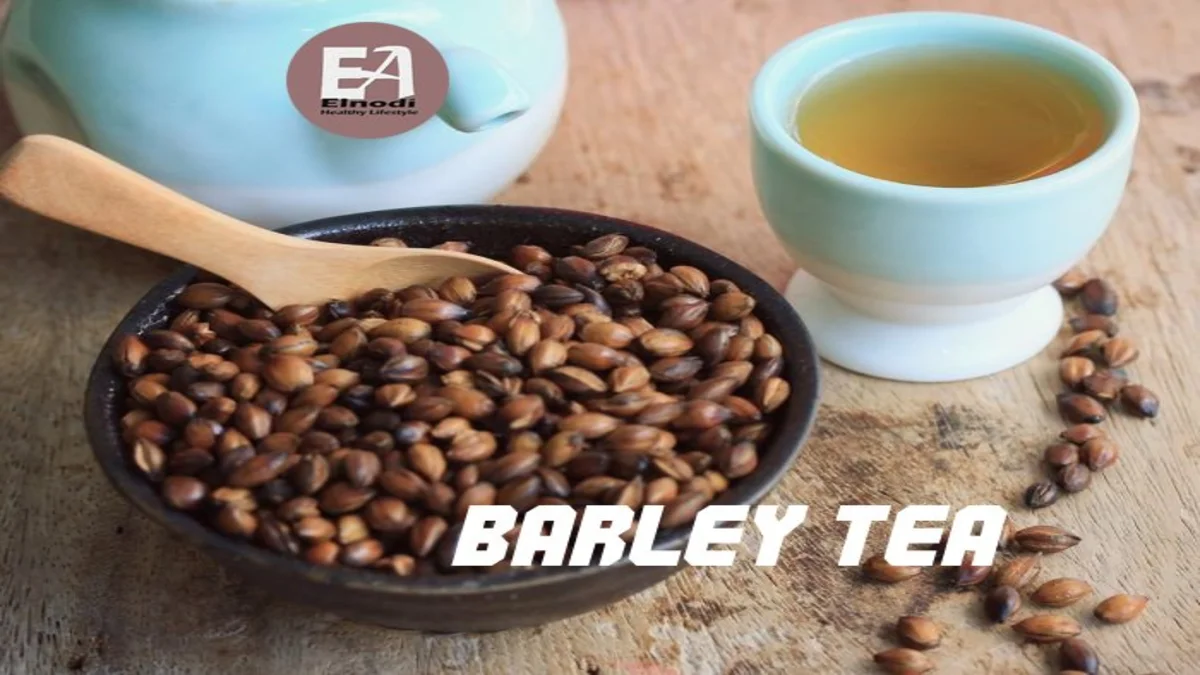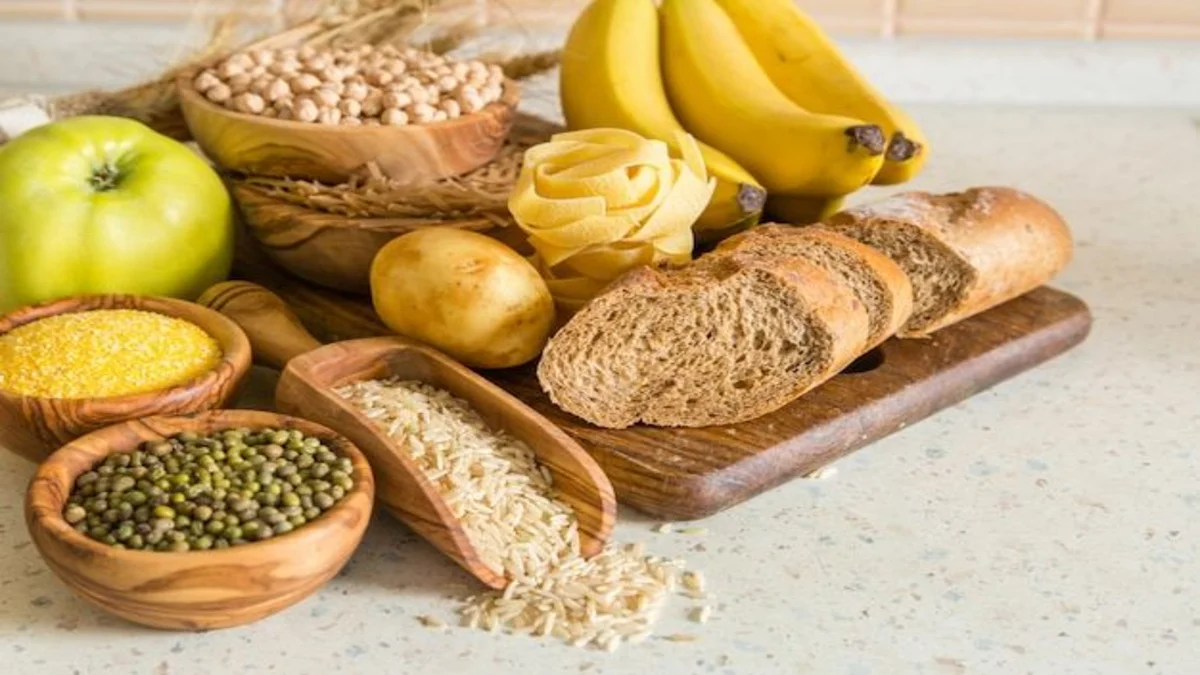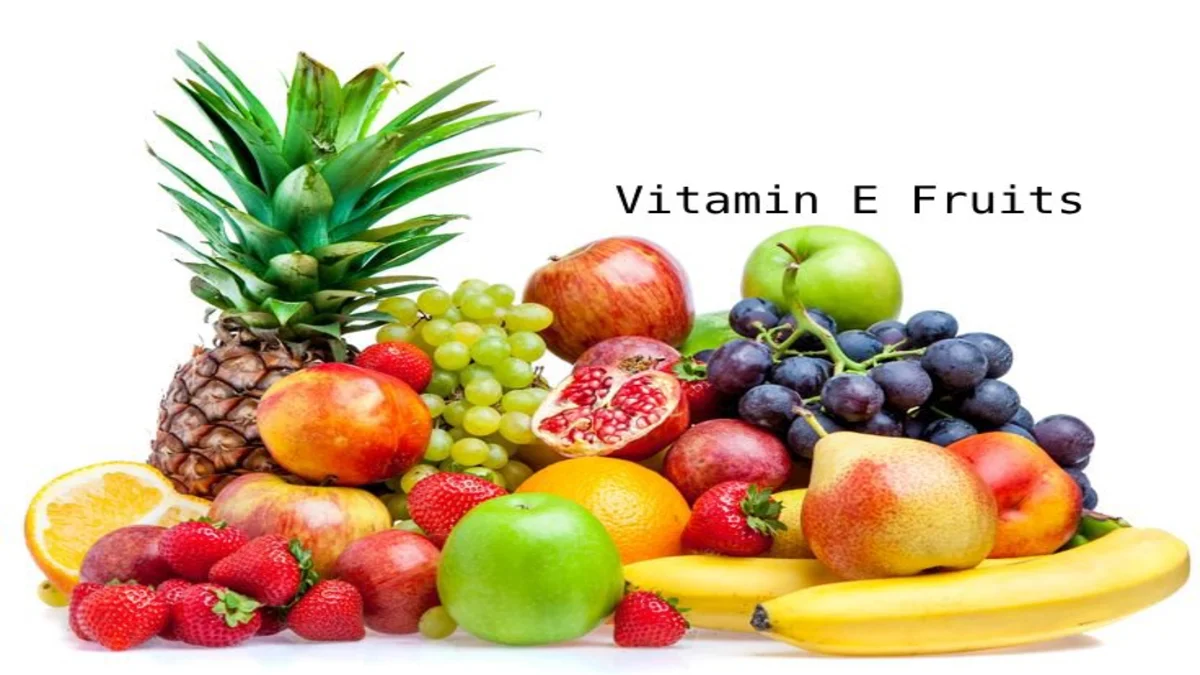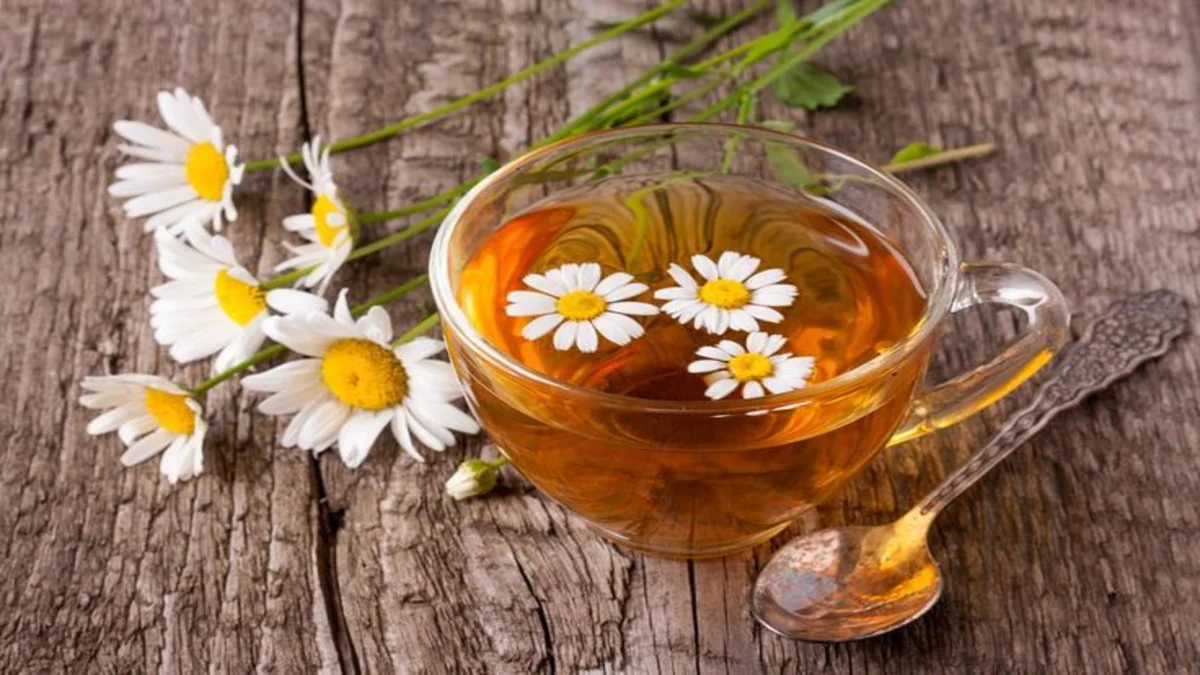Have you ever heard of barley tea? This flavorful and refreshing beverage has been enjoyed for centuries in various cultures around the world. If you’re curious about barley tea and want to learn more, you’ve come to the right place.
It also known as roasted barley tea or mugi-cha, is a popular drink in East Asia, particularly in countries like Japan and Korea. It is made from roasted barley grains and has a rich, nutty flavor that is both soothing and satisfying. It is not only delicious, but it also offers a wide range of health benefits.
What is Barley Tea?
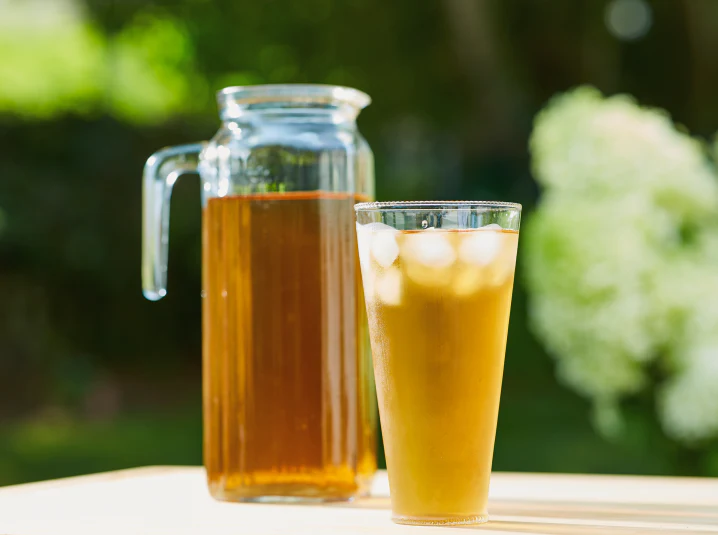
It also known as Korean barley tea or roasted barley tea, is a popular hot and cold drink in Asia. In Korea, the drink is known as boricha. In Japan, the drink is known as mugicha, whereas in China it is known as damai cha or mai cha.
The main ingredient in it is (of course) roasted barley. Barley is a whole grain farmed throughout the world. Barley is popular among healthy eaters due to its high fiber content and moderate flavor. The grain is simple to use in recipes and is used to make bread and cereal. It is also fermented and used to make some alcoholic drinks, such as beer and distilled spirits.
The flavor of it is frequently characterized as mild and nutty. However, some Korean tea manufacturers use roasted corn in their recipes to increase sweetness. Oksusu bori cha is a type of tea that contains maize.
nutrition profile
| Nutrient | Amount |
|---|---|
| Calories | 0 |
| Total Fat | 0g |
| Saturated Fat | 0g |
| Trans Fat | 0g |
| Cholesterol | 0mg |
| Sodium | 0mg |
| Total Carbohydrates | 0g |
| Dietary Fiber | 0g |
| Sugars | 0g |
| Protein | 0g |
| Vitamin A | 0% |
| Vitamin C | 0% |
| Calcium | 0% |
| Iron | 0% |
Please note that the nutritional values may vary slightly depending on the specific brand or preparation method of it. It’s also important to check the nutritional information on the packaging for precise details.
The benefits
Unveiling Potential Benefits Barley tea offers numerous potential benefits, making it more than just a tasty beverage. Here’s a closer look at some of its health-promoting characteristics:
1. Digestive Delight
Barley tea, which is high in fiber, helps with digestion by encouraging regular bowel movements and alleviating constipation, acidity, and bloating. It can also help with nausea, making it a relaxing option for intestinal problems.
2. Circulation Champion
It helps to regulate and maintain good blood circulation, which reduces the risk of heart disease, including strokes and heart attacks. A cup of it could be your heart’s new best buddy.
3. Weight-Management Wonder
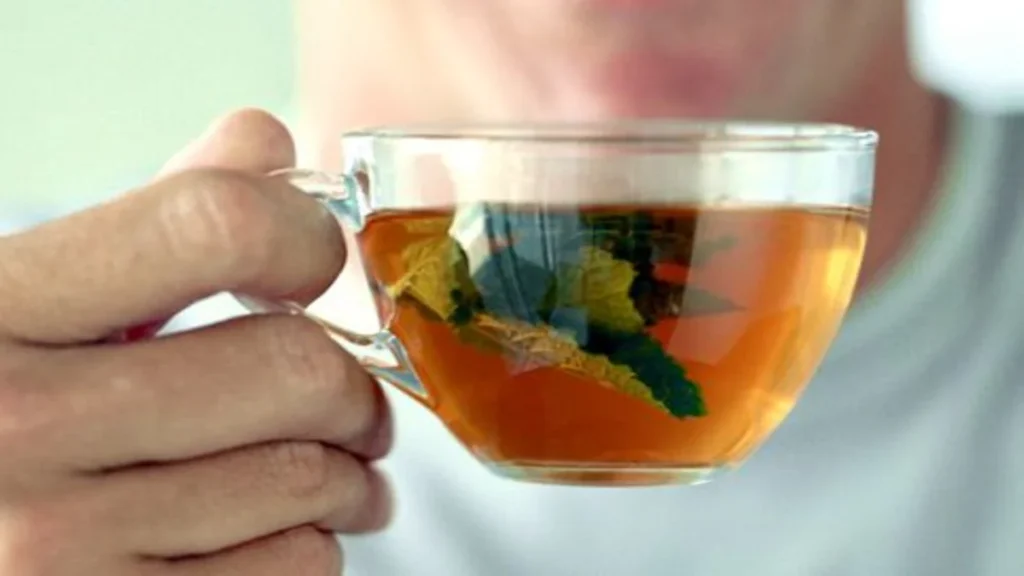
It stands out as a low-calorie, vitamin and mineral-rich alternative for people looking to manage their weight. It’s not just about the calories, though; barley tea’s ability to produce a sense of fullness can help you stick to your weight loss plan.
4. Sweet dreams, naturally
Barley tea’s amino acid, melatonin, and tryptophan content make it an ideal choice for increasing sleep quality. Unlike caffeine-containing beverages, it will not keep you awake at night.
5. Antioxidant Armour
It contains high levels of antioxidants, which counteract free radical damage and protect cells. These antioxidants may also help with anti-cancer properties by reducing cell damage and promoting general cellular health.
6. Anti-Inflammatory
Thanks to its anti-inflammatory characteristics, it can provide a helpful hand in managing inflammation, joint discomfort, and even conditions like arthritis. Take a sip to perhaps experience relief.
7. Defender Against Cold and Flu
It is an excellent ally in combating cold and flu symptoms due to its abundance of antioxidants and antibacterial qualities. When you’re feeling under the weather, this cup might be just what you need to feel better.
8. Gut-Intelligent Virtue
Barley tea’s high fiber content encourages frequent, easy bowel movements, which enhances gut health. General health depends on having a healthy stomach.
9. Cleansing Solution
The nutrients and minerals in barley tea have inherent cleaning properties that support your body’s detoxification and help it get rid of impurities.
How to brew?
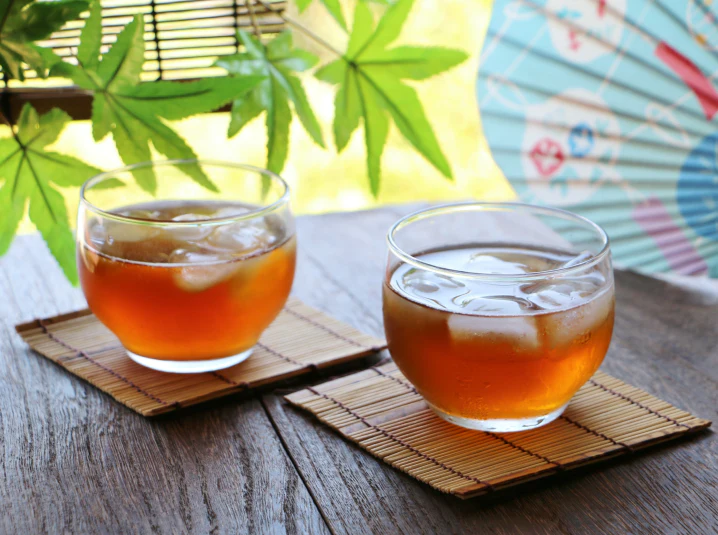
Ingredients:
- 1/2 cup of barley grains
- 6 cups of water
- Optional: sweetener of your choice (honey, sugar, stevia, etc.)
Instructions:
- Rinse the barley grains under cold water to remove any debris or impurities.
- In a pot, bring 6 cups of water to a boil.
- Add the rinsed barley grains to the boiling water.
- Reduce the heat to low and let the barley simmer for about 20-30 minutes. You can cover the pot partially while simmering.
- After simmering, remove the pot from the heat and let the barley tea cool down to room temperature.
- Strain the barley grains from the tea using a fine mesh strainer or cheesecloth, separating the liquid.
- You can sweeten the barley tea to taste if desired, while it’s still warm.
- Once cooled, transfer the barley tea to a pitcher or container and refrigerate it until chilled.
- Serve the barley tea over ice cubes and enjoy!
Side effects
Despite its putative anti-cancer properties, barley tea includes tiny quantities of acrylamide, a potentially carcinogenic anti-nutrient.
Although studies have yielded conflicting results, further study is being conducted to better understand the health impacts of acrylamide.
One meta-analysis discovered that dietary acrylamide intake was not associated with the incidence of most prevalent malignancies.
Meanwhile, another study found that increased acrylamide intake increases the risk of colorectal and pancreatic cancer in specific subgroups.
More acrylamide is released by barley tea bags and gently toasted barley. To reduce acrylamide in your tea, roast your barley to a deep, dark brown hue before steeping.
Furthermore, if you drink tea daily, you may want to restrict the amount of sugar and cream you use so that the beverage does not become a large source of calories, fat, and added sugar.
Furthermore, barley tea is not suitable for persons following a gluten- or grain-free diet, as barley is a gluten-containing grain.
Conclusion
East Asian nations are known for their popularity with barley tea. Although it’s extensively used as a regular beverage, it also has some uses in conventional medicine.
It is high in antioxidants, usually low in calories, and may have some anti-cancer properties. To fully comprehend this drink’s possible advantages, more research is necessary.
It’s also important to remember that the tea is not suitable for those on a gluten- or grain-free diet because it includes trace quantities of acrylamide, a substance that may cause cancer.
In the end, It is a tasty beverage that can increase your consumption of antioxidants and inject some diversity into your daily regimen.
FAQs
how much barley tea to drink in a day?
what does barley tea taste like?
how long to steep barley tea?
How to roast barley at home?
References
- https://pubmed.ncbi.nlm.nih.gov/26678848/ side effects
- https://pubmed.ncbi.nlm.nih.gov/18936224/ side effects
Disclaimer: The information provided here is for educational/awareness purposes only and is not intended to be a substitute for medical treatment by a healthcare professional and should not be relied upon to diagnose or treat any medical condition. The reader should consult a registered medical practitioner to determine the appropriateness of the information before consuming any medication. Elnodi does not provide any guarantee or warranty (express or implied) regarding the accuracy, adequacy, completeness, legality, reliability, or usefulness of the information; and disclaims any liability arising thereof.


